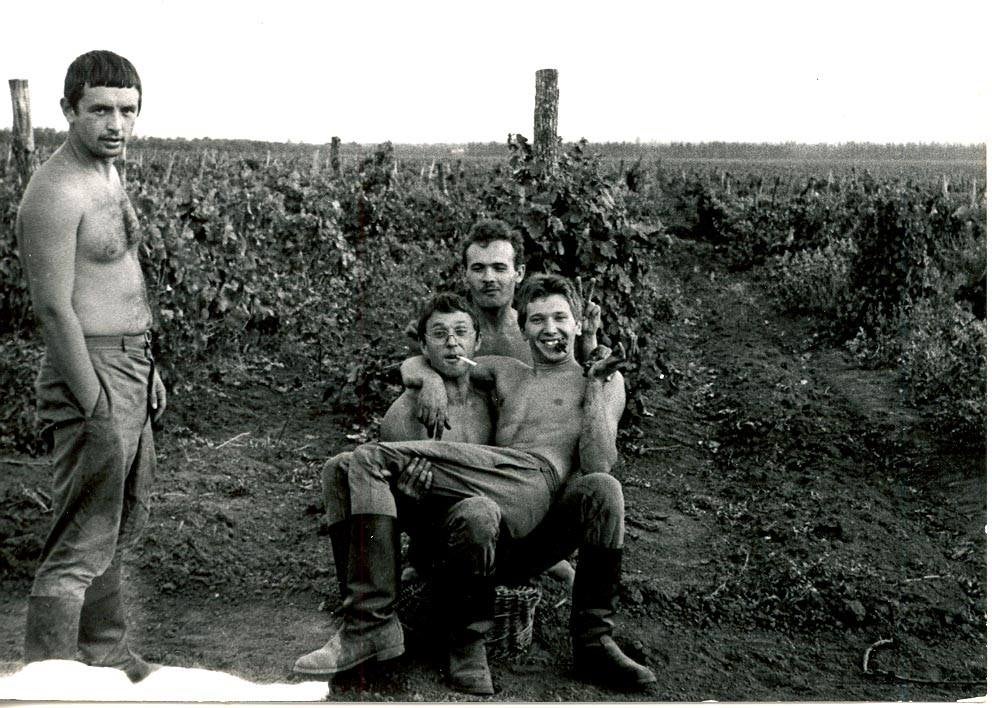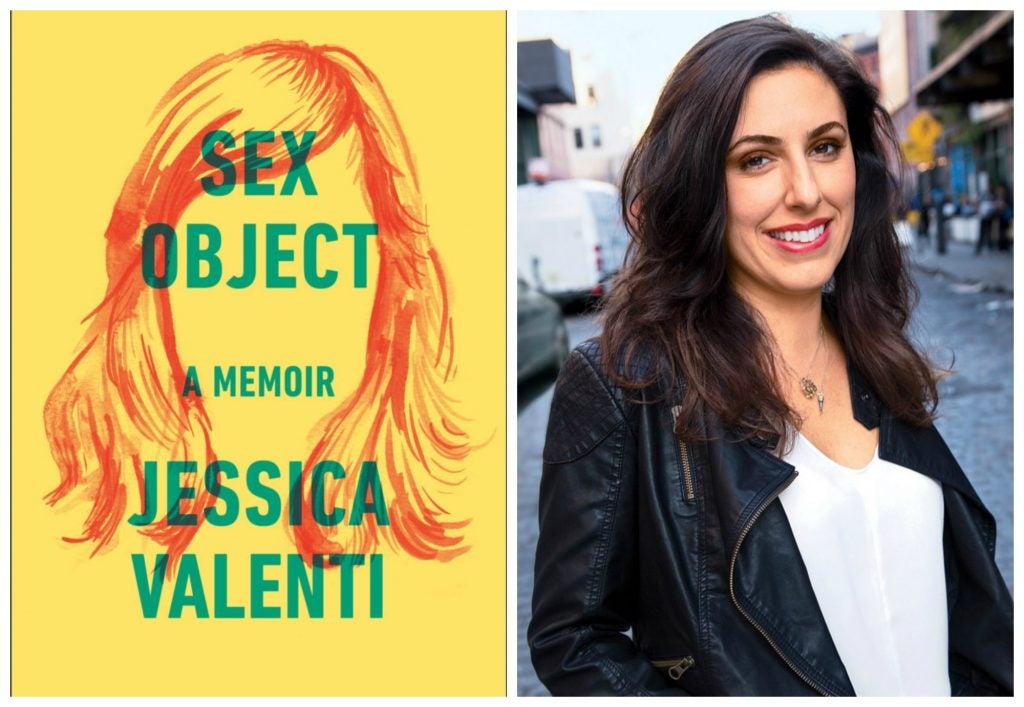“Roads Taken (and Not),” by Susan Orlean
The ultimate journey that any writer takes is an emotional one, and that is what informs the geographical and professional passages you undergo, the moral development you attempt, the intellectual maturity you reach for. Being a writer is exhilarating, demanding, fascinating; it is the most wonderful life, but it can be terribly lonely. In fact, I am still surprised each time by how singular and private the experience of writing is—how this big conversation the writer conducts, and this desire to gobble up the world comes down, finally, to a quiet moment alone.
“Roads Taken (and Not),” by Susan Orlean Read More »
The ultimate journey that any writer takes is an emotional one, and that is what informs the geographical and professional passages you undergo, the moral development you attempt, the intellectual maturity you reach for. Being a writer is exhilarating, demanding, fascinating; it is the most wonderful life, but it can be terribly lonely. In fact, I am still surprised each time by how singular and private the experience of writing is—how this big conversation the writer conducts, and this desire to gobble up the world comes down, finally, to a quiet moment alone.








